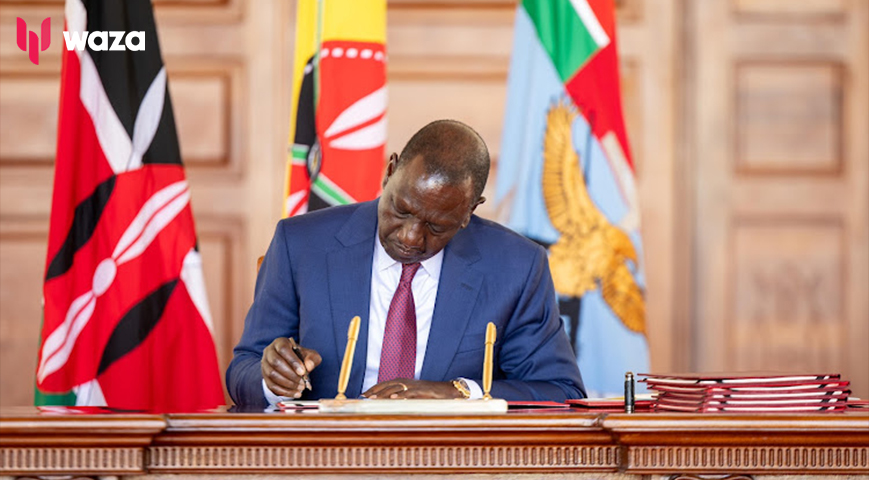The government, through the Ministry of Labour and Social Protection, has unveiled a series of reforms aimed at enhancing the recruitment and deployment process for Kenyans seeking jobs abroad. Among the key changes is the introduction of a new registration system for employment agencies.
Speaking at an event attended by private recruitment agencies and home care training institutions at the Kenyatta International Convention Centre (KICC) on Thursday, Labour and Social Protection Cabinet Secretary Dr. Alfred Mutua announced that new employment agencies will now receive an initial registration certificate valid for one year at a cost of Ksh.500,000.
"Renewal certificates will now be valid for two years, an extension from the current one-year renewal period. The cost will be Ksh.500,000 for two years or Ksh.250,000 per year, with an option for annual renewal," Dr. Mutua explained.
Did you read this?
These changes will come into effect from September 23, and agencies holding renewal notifications can also benefit from the reform. To ensure adherence, the National Employment Authority (NEA) has fully staffed its compliance department to enforce the new regulations.
Dr. Mutua also announced updates to pre-departure training and orientation programs. "Homecare management training will be integrated with pre-departure training, reducing the total training period from 26 to 14 days. Homecare training will take 10 days, while pre-departure orientation will cover 4 days," he said.
For other skilled migrant workers, pre-departure training will be cut to 2 days, with assessments completed within 5 days and certification issued within 3 days. The evaluation system will be scored out of 100 points, with 65% allocated to practical assessments by the National Industrial Training Authority (NITA), 25% to continuous evaluations by trainers, and 10% to pre-departure theory, which includes literacy and civic education. A passing score will require at least 60%.

To implement the new curriculum, NITA will distribute updated guidelines to all trainers by November 1.
Additionally, migrant workers who have previously worked in Gulf countries as domestic workers and successfully completed their contracts will be exempt from the homecare and pre-departure training requirements.
Mutua also highlighted the importance of practical training tailored to the cultural context of destination countries. NITA is building a model house in Mombasa designed to reflect an Arabic home, aimed at helping domestic workers prepare for employment in Saudi Arabia. "NITA will also provide trainers with images and designs of standard Arabic homes. The maximum cost for homecare management and pre-departure training will be capped at Ksh.14,000," he added.
These reforms are part of the government's efforts to streamline labor mobility and support its goal of deploying 5,000 to 10,000 Kenyans to work abroad each week.









